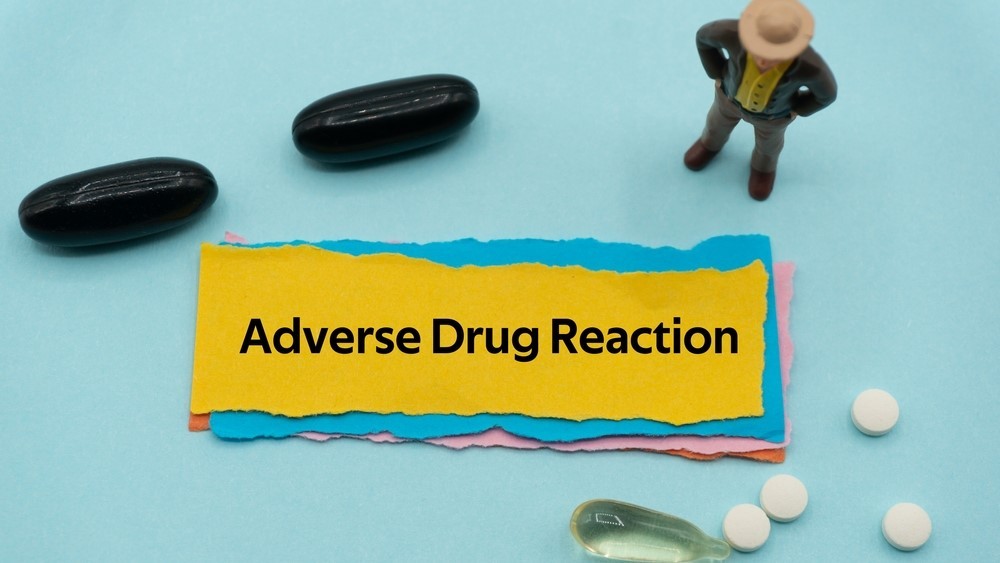Definition of Adverse drug reactions (ADR)
Adverse drug reactions refer to any unexpected, undesired, or excessive response to a medicine or a drug for the diagnosis and therapy of a disease.
These reactions can start soon after the intake of medicine or up to two weeks after stopping the medicine.
They can lead to serious conditions such as anaphylaxis reactions (Whole body ex: Fainting, dizziness, flushing, Respiratory ex: Rapid or short breathing, Skin ex: Swelling under the skin, blue skin due to lack of blood circulation, GIT ex: Nausea, vomiting, Commonly ex: Fast heart rate, tongue swelling, difficulty in swallowing, mental confusion, nasal congestion) and it is estimated that they account for 15% of all hospital admissions.
Factors Influencing ADR:
Factors influencing adverse drug reactions are:
a) Poly pharmacies: The incidence of ADR increases with the number of drugs given due to the risk of interactions.
b) Age: The incidence of ADRs is higher in young and very old people due to poorly developed and altered psychological functions.
c) Multiple and incurrent diseases: Multiple and incurrent diseases can alter the Pharmacokinetic characteristics of the drugs at tissue levels.
d) Drug characteristics: They can alter the absorption, metabolism, and elimination process of drugs.
e) Gender: Several studies have shown that women for some drugs suffer more than men due to sex-related characteristics in kinetics and dynamics.
f) Race: These are genetically determined responses in populations.
Management of ADR
Following steps must be followed during the management of ADR any type of suspected, or unexpected adverse drug reactions (ADR).
- Monitoring the patients who are at greater risk of developing ADRs.
- Monitoring the patients who are prescribed drugs that are highly susceptible to cause ADRs.
- Assessing and documenting the patient’s previous allergic status.
- Assessing the patient’s drug therapy for its appropriateness.
- Assessing possible drug interactions in case of multiple therapies.
- Assessing health care professionals in the detection and assessment of ADRs.
- Encouraging healthcare professionals to report on ADRs.
- Documentation of suspected, and reported reactions for future reference.
- Follow-up of patients to assess the outcome of reaction and management.
- Obtain feedback about reported reactions.
- Educating healthcare professionals about the importance of ADRs.
- Patient education.
Make sure you also check our other amazing Article on: Clinical Pharmacy
